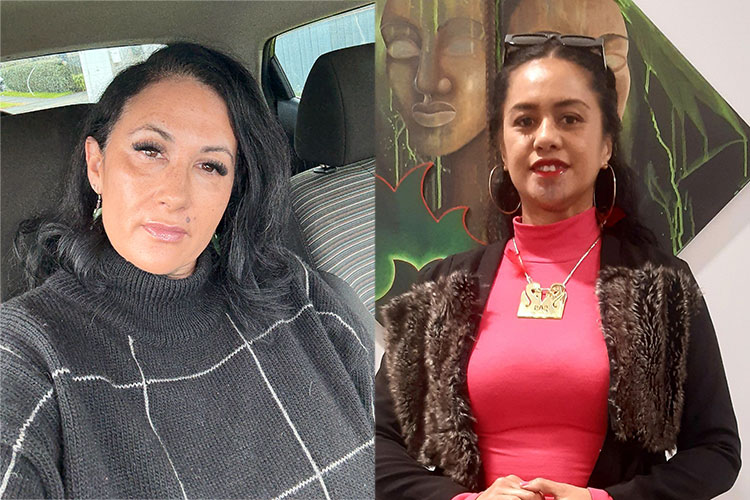It’s hands on, home-sourced and is now recognised as one of the top small businesses in New Zealand.
Te Wānanga o Aotearoa tauira Adi McMaster is all smiles after her MartyGirl business won big at the Solo Meo category at the David Awards held recently.
The David Awards recognise the unsung heroes in home and small businesses throughout New Zealand.
Adi’s category was for people who run their businesses single-handedly.
Her business MartyGirl Skinfood, which specialises in skincare products, started two years ago when her beautician daughter asked her to make some natural remedies.
Adi, a trained chef and former farmer, enlisted the help of Google, not thinking her efforts sourcing natural products around her home like kawakawa and beeswax would meet such a positive response.
“I spent ages pickling things and infusing things and saved up and got my own still.”
“I thought no one really cares and the next thing I started getting emails from people saying I had cured their eczema and psoriasis, and I thought wow this is working.”
Adi enrolled with the certificate in small business management programme with Te Wānanga o Aotearoa last year and believes the decision has completely changed the way she does business.
“It gave me the courage to do a website and online shop and it pushed me to go to that next level up.”
“Our tutor also encouraged us to enter lots of competitions, it helps to benchmark your work against others.”
The level 4 programme was challenging - particularly the IT and tax components - but it’s a course she would recommend to other budding entrepreneurs.
“It’s quite hard - spreadsheets, god I hate them – but our tutor put us with a laptop and a younger person in the class to help us.”
“Would I recommend it ? Hell yes, it was amazing and it changed my life. Our teacher was amazing and we loved our class so much that we stared a women in Wairarapa business class so we have all stuck together, there are 110 in that group now.”
Adi’s products are in demand around New Zealand and also abroad in China where suppliers are eager to market her wares there although she’s adamant that her MartyGirl products won’t be farmed out of a factory.
Her business also sees her running beauty therapy workshops at schools where she teaches children how to read labels on beauty products and learn about what they are putting on their skin.
She also engages with businesses in the Wairarapa community getting work colleagues to put face masks on each other or give each other foot scrubs.
“I was just pottering around a few days a week, that was what MartyGirl was supposed to be but it’s a lot busier now and I’m loving it.”
For more information on our no fee Level 4 Small Business Management Course click here
-
 Kāinga
Home
Kāinga
Home
-
 Kāinga
Home
Kāinga
Home
-
Ngā ĀkorangaOur Programmes
Ngā Ākoranga - Our Programmes
-
Ngā RoheOur Locations
Ngā Rohe - Our Locations : Main Service Centres
-
Ngā TauiraStudents
Ngā Tauira - Students
- HonongaStay Connected
- Te WhareAbout Us




































